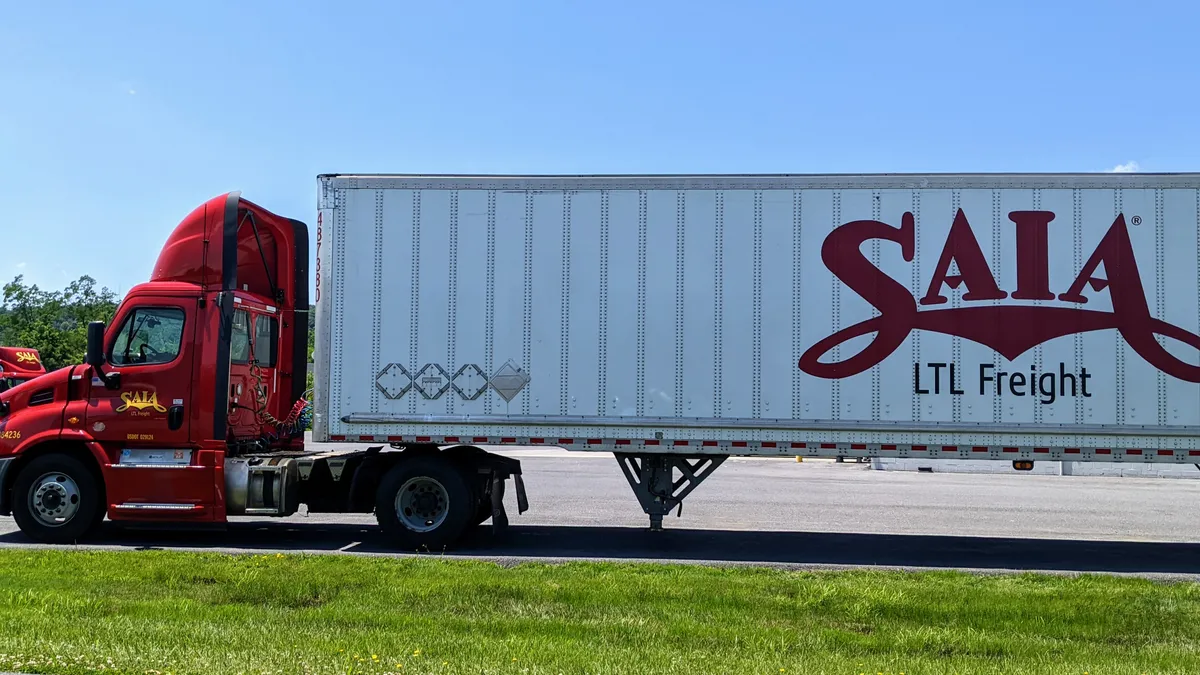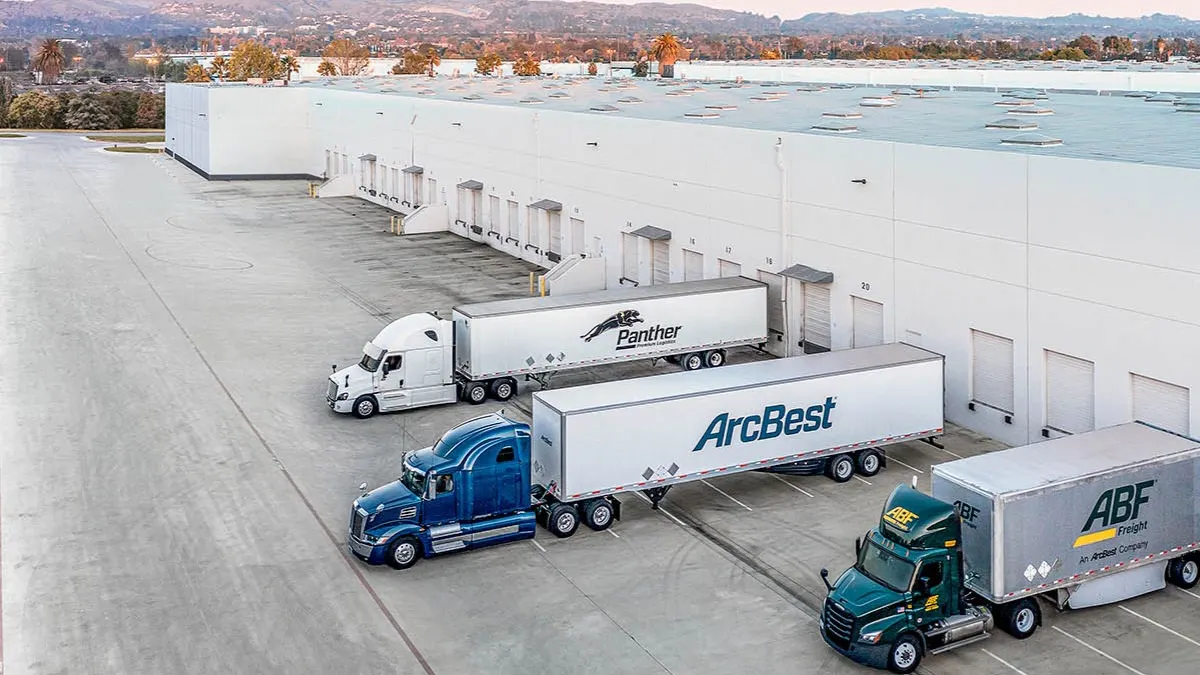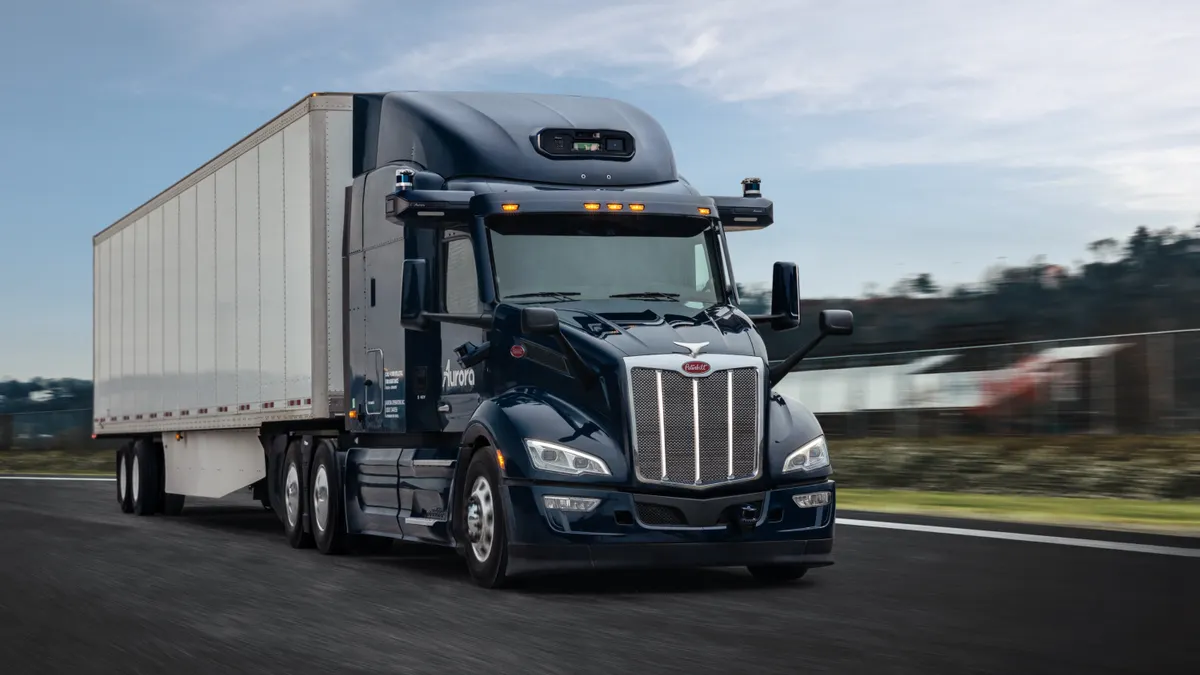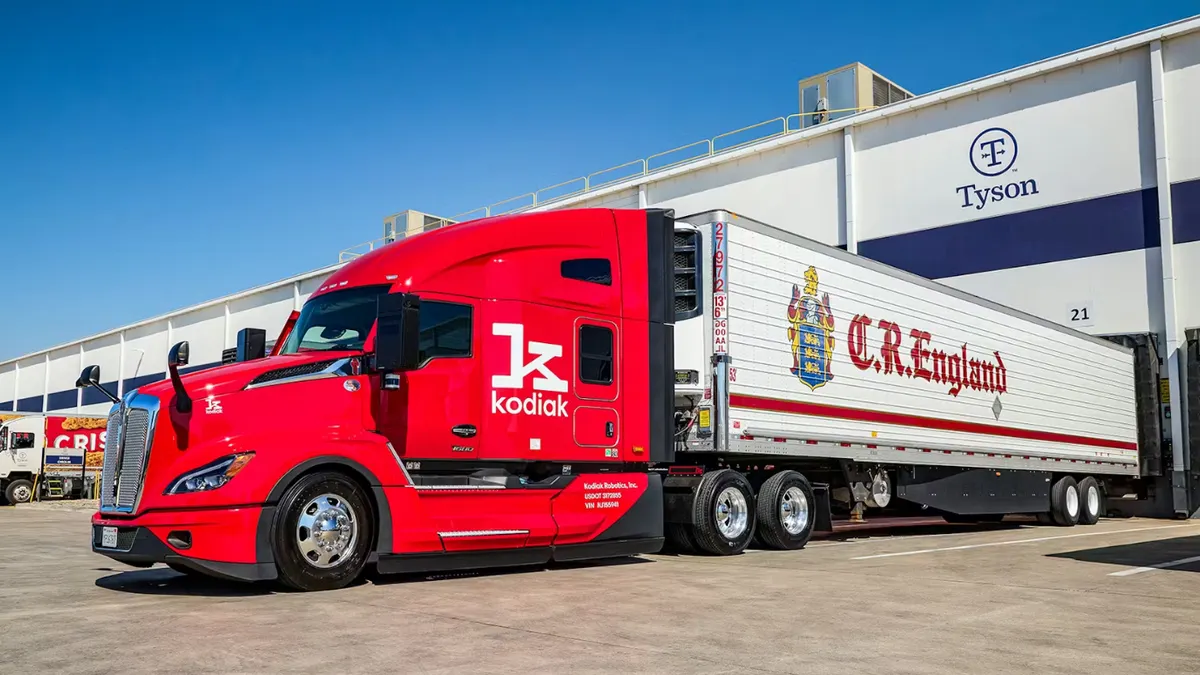The turmoil of the last 12 months has caught up to the semiconductor supply chain. And a shortage of computer chips will slow the production of Class 5-8 trucks in 2021. It's the latest twist in what has been a long coronavirus-plagued saga for trucking.
The chips are used liberally in tractors, as they are in passenger vehicles. The semiconductor chips collect data, and between 15 to 35 can be needed, per tractor, according to Don Ake, FTR vice president of commercial vehicles.
Chip imports are trickling in, the slow stream caused by pandemic-related manufacturing slowdowns, two different factory fires and congested West Coast ports, where the chips enter the United States.
And demand is up, too. As the economy improves, consumers want items such as game and entertainment consoles that compete with truck OEMs for chip supplies.
For OEMs, it is yet another pandemic-related bump on the road to a post-pandemic environment. Ake said the chip shortage highlights the problems presented by two "back-to-back, tremendously unique years," referring to 2020 and 2021 so far.
Chip problems strain OEMs and fleets
Initially, as COVID-19 took hold of North America in March 2020, manufacturers of cars and trucks passed on some of their allocations of the chips, because they scheduled downtime and fewer shifts, according to Steve Tam, vice president of ACT Research. The chip manufacturers then proceeded to find new buyers, many of them in the field of consumer electronics, he said.
As truck production picked back up, there were fewer chips to be had for trucks, Tam said.
Truck production below 2019 levels
An Oct. 20 fire at an AKM factory in Japan then sent shockwaves through the industry. The fire took four days to extinguish, and it took out a chunk of the company's capacity, Tam said.
But a Renesas Electronics factory fire on March 19 was much more impactful upon trucking. Renesas has a 30% market share of the automotive industry, according to numbers from IHS Markit.
The Renesas fire worsened what Ake said was already a rough time.
"It made a bad situation worse," he said. "This strains the entire industry, and fleets right now need trucks."
OEMs said they are trying to manage through the latest supply chain problem, reducing production or adding downtime.
On March 31, Paccar officials said in a news release that the semiconductor shortage reduced its truck deliveries in Q1 by approximately 3,000 vehicles. Paccar said it delivered approximately 42,000 vehicles.
A spokesperson for Daimler Trucks North America said the largest North American truck maker was able to mitigate early disruptions, but the situation reached a point two weeks ago where DTNA was no longer able to support full-scale production for M2 and SD medium-duty products.
Daimler Trucks implemented revolving downtime facilities in Mount Holly, North Carolina, and Santiago, Mexico. Those downtimes are planned through June 2021, the spokesperson said.
Daimler's revolving downtime is being used to continue output, while maintaining employment levels and allowing for the company to move back to full-scale production immediately, once the issue is resolved, the spokesperson said.
Volvo Trucks North America, whose parent company also owns Mack Trucks, said in a March 22 news release that the semiconductor shortage "will have a substantial impact on the Volvo Group's production in the second quarter." Volvo said starting April 1, the company will begin stop days across its global truck manufacturing operations.
"In total, these are currently estimated to between two and four weeks depending on production site," Volvo officials said. "In addition, disturbances are also expected to impact [Volvo's] other business areas."
Class 8 catch-up through next year
For the entire transport industry, the question is, when will the shortage ease?
"There are no clear indications of when the supply-chain issues will be resolved. We expect computer chips to be in short supply for at least a few more months," Ake said in a note to FTR clients, adding that fleets will play "catch-up" into 2022.
Up until March, chip-related curtailments in truck production were not major, Tam said. Now, it's unknown what kind of impact the chip shortage will have on Class 8 production.
On Monday, President Joe Biden met with U.S. industry executives to discuss ending the shortage and growing domestic production.
Ake believes there is little Biden can do in the short run.
"Since the chips are made overseas, there is very little our government can do to speed up the process," Ake said. "This should have no impact on the current situation."
Instead, OEMs are likely to shift production schedules into the future. Tam said he believes the "air in the balloon" will get squeezed from one side to the other, with many OEMs shifting production to the second half of 2021.
Class 8 net truck orders in North America
Eyeing the constraints of the supply chain, FTR estimated that North American fleets will buy 243,000 new Class 8 trucks in 2021, even with the constraints.
Tam's estimate is about the same: 250,000 Class 8 trucks for U.S. buyers, with 300,000 total sold in North America. Tam noted that ACT has not reduced its forecast because of the semiconductor problems, keeping it steady.
A side effect of the slowdown could be used truck sales increasing. Tam said fleets will eye low-mile, late-model trucks. Such models will generally have the same bells, whistles and fuel efficiency as new models.
















